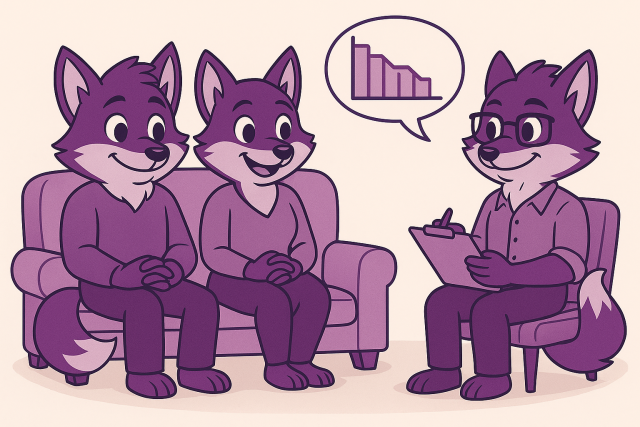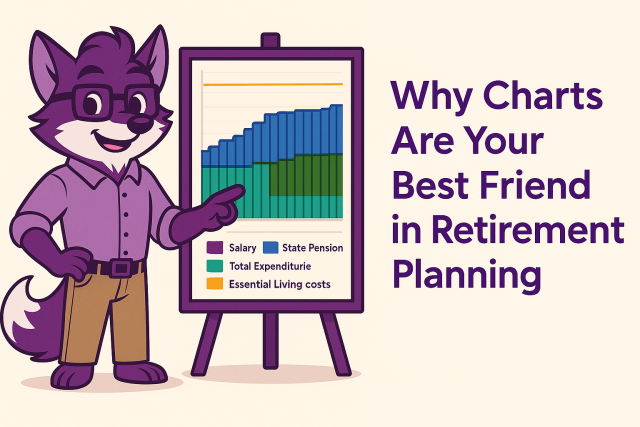How Cashflow Planning Can Help You Share Your Wealth (And Maybe Even Get That Last Laugh)

Let’s get real: Do you know how much money you want to leave behind when you shuffle off this mortal coil? And more importantly, do you know how you’re going to get there? These are the million-pound questions (pun absolutely intended).
A lot of people, when asked about what they’ll leave behind, respond with a big ol’ “Nothing.” One client of mine even told me, “The last cheque I want to write is to the undertaker and if we do our job right, that cheque will bounce!” Now, that’s a goal, right?
But here’s the thing: most people will leave something behind, whether they plan to or not. The main reason? They don’t know when they’re going to die (which, I suppose, is better news than the But here’s the thing: most people will leave something behind, whether they plan to or not. The main reason? They don’t know when they’re going to die (which, I suppose, is better news than the alternative).
So even if you don’t plan on leaving anything, you probably still will. It’s just how things tend to go when you’re constantly worried about spending too much and running out of money. Additionally, a lifetime of saving makes it hard to shift gears and start spending.
So, the real question is: How much do you need to leave? The answer changes as your life does. If you have kids who are financially dependent on you, you’ll need to leave a decent cushion to support them should the unexpected happens. But once the kids are out of the house and self-sufficient, and your partner is financially secure, you may not need to leave much at all. After all, one doesn’t need to live in a mansion if they can’t even afford the heating bill.
Answering the Big Question: “How Much Will I Leave?”
This is where cash flow planning comes in. It’s your financial crystal ball, showing you exactly how much you can give away now without compromising your future financial security. If you’re like many people, you probably don’t want your final cheque to bounce. And while you may not want to hand over your wealth before you die, why wait until you’re gone for your family to benefit?
Let’s say you’re 30 when your children are born and you plan to live to the age of 100. Your children won’t see a penny of your wealth until they’re 70. By then, they’ve probably already paid for their own children’s education and contributed to a deposit on a house. When they finally inherit, they likely don’t even need the money!
So, here’s the deal: If you’re sitting on a pile of cash and you’re never going to spend it, why not give it away when it’s actually needed? Your children could use it when they’re struggling to pay their bills, not when they’re sipping mimosas in their retirement flats, which is when they’ll receive your inheritance.
Hoarding Money: It’s Like Hoarding Junk, But Worse
Hoarding your money and not spending or gifting it is basically the financial equivalent of letting those clothes you haven’t worn in 10 years pile up in the back of your closet. Don’t let that cash go to waste. You’ve earned it, so give it away, spend it, or at least know how much you can comfortably use without stressing about the future.
Do You Know How Much You Want to Leave Behind?
If you haven’t thought about it yet, it’s time to dive into your finances and get a clear picture of what you can do. It might even make it easier to start spending or gifting now, knowing exactly how much you can afford to give away.
Want to see where you stand? Take the quiz and score your financial planning at Financial Planning Scorecard. It’s time to stop worrying about your death cheque bouncing and start planning how to make your money work for you while you’re still here to enjoy it!




